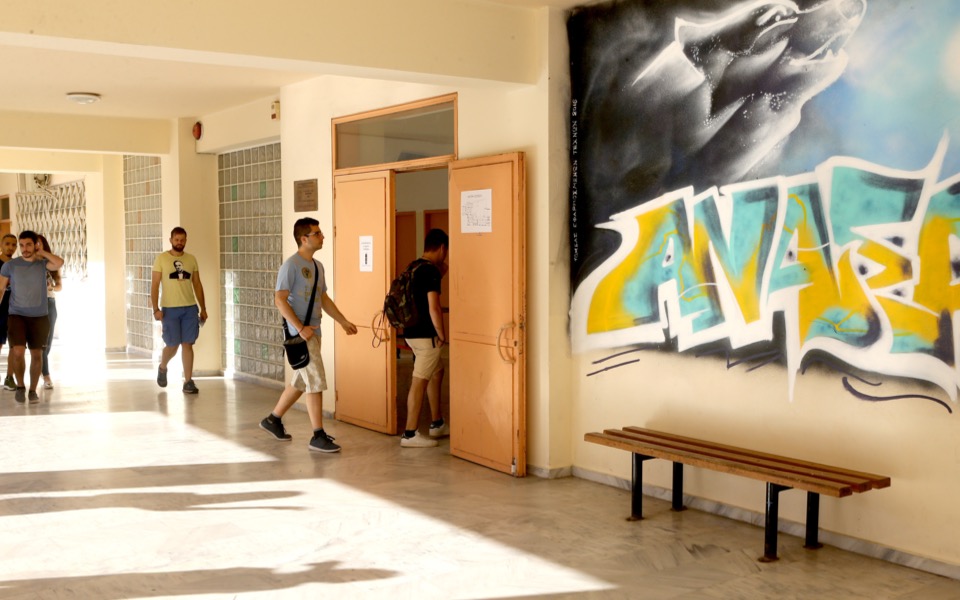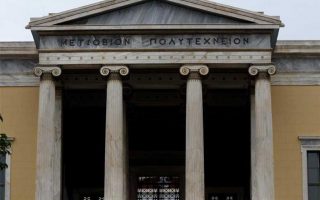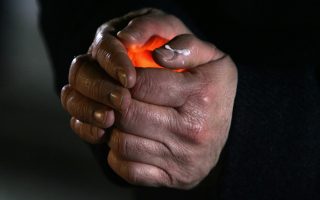We are our education

Why is Greece so culturally and intellectually impoverished even though in the past few decades tens of thousands of young people have sat the national university entrance exams, studied at the country’s tertiary education institutes and graduated, and continue to do so? Why, in other words, does the desire (actual or imposed) for higher education coexist with the flourishing of Greek society’s worst characteristics and the quashing of all those traits that result – with much effort and scrutiny – in the attainment of excellence.
It’s likely that a lot of responses to the first question would have to do with the structure of the exam system itself, with what getting into university really means for the candidates, with how they view scraping through with the lowest mark and with the quality of higher education, among other issues.
The simple truth is that, for the majority of Greek families, getting their children into university – any university – has been an end in itself for the past few decades. But it is an end that is also a trap, because in many cases it either leads to parents having to bankroll their child’s studies at a university abroad or eventually results in unemployment – if not both.
The pillar of learning in Greece is riddled with deeply rooted structural problems that, if examined, would allow outsiders to better understand the country’s society and state, the Greek way of thinking and how we approach reality.
The enduring problems in education have shaped the prevailing value system, which is defined by a misguided sense of survivalism that has led to a parasitic mind-set, which has, in turn, resulted in a mentality of corruption, self-pity, pomposity and a lack of scruples – a tangle of shortcomings and distortions.
Education at every level teaches or fails to teach us to read our history, to respect our environment, to be critical and to be open to judgment, to debate and argue a point cleverly, to move forward and evolve. Education provides us with the tools that allow us to see and understand the big picture of the world or sink into the unfettered objectivism of the small, dated and perpetually repeated.
There is a great distance dividing the system of rote learning, the well-rounded and well-polished arguments we hear students repeating like parrots in any debate, and thought that is really free, that can compose and combine, and be original.
From elementary school to university, we are what we learn and what we are instructed in. The ultimate question is: Do we like what we see?




